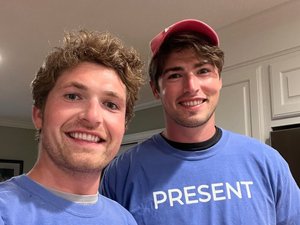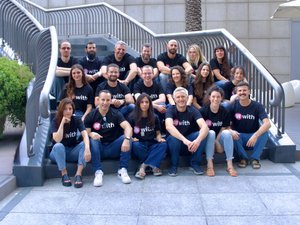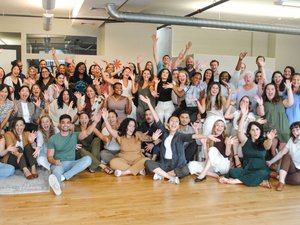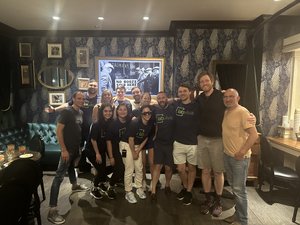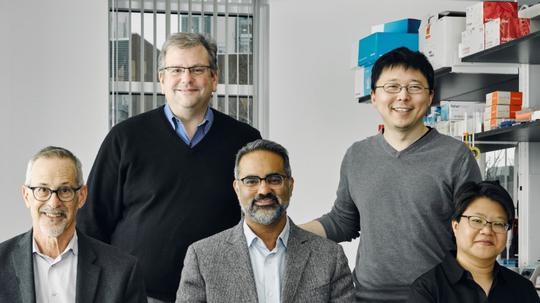
This story was first published in the Boston Business Journal
In “an absolutely historic moment for biotech and healthcare," the experimental gene-editing technology CRISPR will be used as a diagnostic tool in the battle against the spread of Covid-19.
The FDA has authorized emergency use of a coronavirus test developed by Cambridge startup Sherlock Biosciences that incorporates the CRISPR gene-editing technology, the company announced Thursday.
The test will be manufactured by an undisclosed company in Massachusetts and is reportedly 100% accurate in detecting the novel coronavirus, according to Sherlock CEO Rahul Dhanda.
'CRISPR has come of age'
This is the first time that regulatory authorities have allowed CRISPR to be used by the general population. The FDA has not yet approved any devices that use the scientific tool: CRISPR Therapeutics (Nasdaq: CRSP) and Editas Medicine (Nasdaq: EDIT) are currently running clinical trialsof the first CRISPR drugs.
“This is an absolutely historic moment for biotech and healthcare, in that CRISPR has come of age,” Dhanda told the Business Journal. “We needed to have absolute faith and confidence in our technology to be able to bring it to this point, and we would not have even initiated this program if we did not.”
CRISPR is generally used to slice into the DNA strand and replace the faulty genes behind various diseases. Sherlock’s test does not alter a person’s genes. Rather, it uses the technology to identify genetic elements linked to the virus that causes Covid-19. When those elements are detected, the CRISPR enzyme is activated and releases a fluorescent signal.
One-hour results
Sherlock Biosciences’ device, also named SHERLOCK, gives results in one hour. Other Covid-19 diagnostics made by Massachusetts companies can take anywhere from 15 minutes to multiple hours.
The biotech tested its device using more than 1,500 positive and negative samples, and had what Dhanda called a “dynamic and communicative” review process with the FDA.
“What we noticed in real time was the FDA synthesizing the feedback they were getting from the technologies that are out there and adding it to the conversation we were having ... They updated policies — and they did this directly with SHERLOCK because it was CRISPR — to have us revisit certain kinds of data we had submitted,” the chief executive said when asked about the emergency authorization process, which has drawn some criticism during the pandemic as being too lax.
Sherlock Biosciences was founded by Dhanda, CRISPR pioneer Feng Zhang and a group of Broad Institute and Wyss Institute researchers. Another co-founder, David Walt, currently co-leads the Massachusetts General Brigham Center for COVID innovation.
The 20-person company emerged from stealth mode last year with $49 million in investment funds and grants. It’s since been awarded a multi-year contract with the Department of Defense to develop a tool to detect biological weapons as well as infectious diseases.
The Covid-19 test will be its first commercial product. Sherlock Biosciences is currently in discussions with multiple New England institutions interested in using the test.
